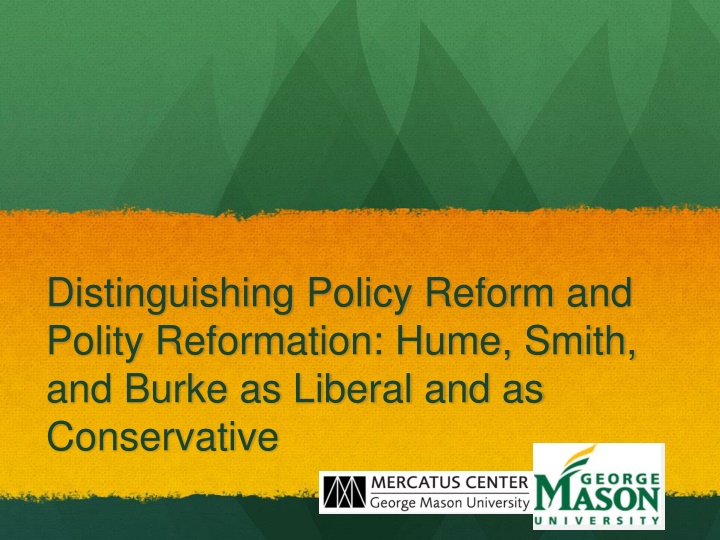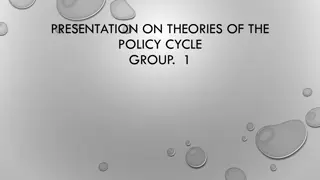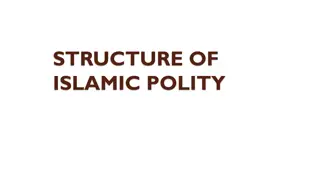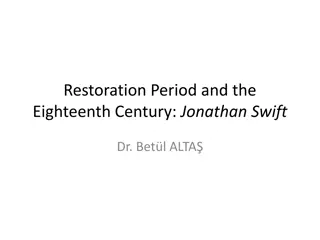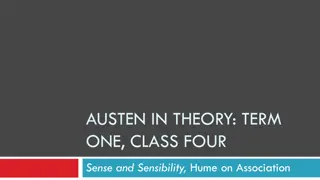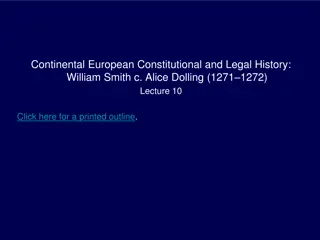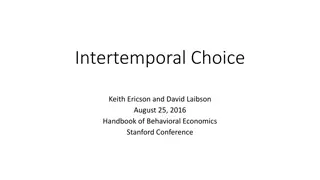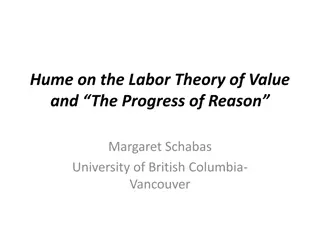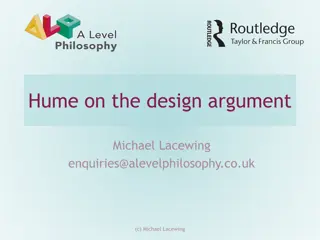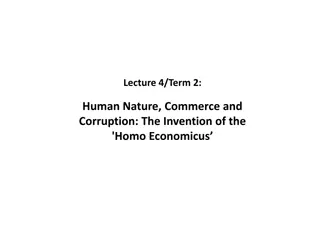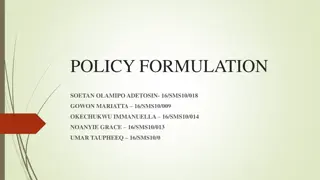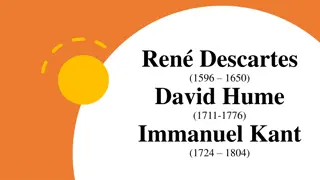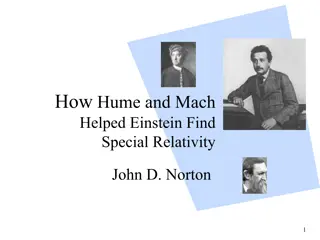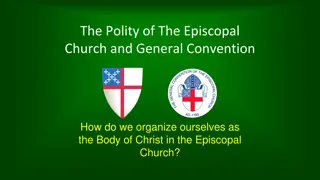Policy and Polity: Hume, Smith, Burke
The distinctions between policy reform and polity reformation through the liberal and conservative lenses of Hume, Smith, and Burke.
Download Presentation

Please find below an Image/Link to download the presentation.
The content on the website is provided AS IS for your information and personal use only. It may not be sold, licensed, or shared on other websites without obtaining consent from the author.If you encounter any issues during the download, it is possible that the publisher has removed the file from their server.
You are allowed to download the files provided on this website for personal or commercial use, subject to the condition that they are used lawfully. All files are the property of their respective owners.
The content on the website is provided AS IS for your information and personal use only. It may not be sold, licensed, or shared on other websites without obtaining consent from the author.
E N D
Presentation Transcript
Distinguishing Policy Reform and Polity Reformation: Hume, Smith, and Burke as Liberal and as Conservative
J.G.A. Pocock The child of jurisprudence is liberalism, in which the disjunction between individual and sovereign remains, no matter how close the two are brought to one another; whereas republican virtue pertains immediately to the individual, not as proprietor or rights-bearer but as citizen, sharing self-rule among a number of equals without the need of any prior translatio. (essay in Hont & Ignatieff 1983, 249) 2
Dugald Stewart The systems of natural jurisprudence were the first rudiments of liberal politics taught in modern times. (CW I, p. 26, see also 183) And to which we are chiefly indebted for the modern science of Political Economy (p. 171) 3
abstaining from = not messing with what = stuff another's = other people's 4
Commutative justice The most sacred laws of justice are the laws which guard the life and person of our neighbour; the next are those which guard his property and possessions; and last of all come those which guard what are called his personal rights, or what is due to him from the promises of others. 5
Commutative justice: Not messing with other people s stuff Understood within historical context. Uniformity amidst variety. Government law affects fine points but does not undo natural conventions 6
abstaining In THN, Hume uses abstain and its cognates NINE TIMES: by abstaining from the possessions of others "...particular goods are to be assign d to each particular person, while the rest of mankind are excluded from their possession and enjoyment" (T 3.2.3.1, italics added) "A man's property is suppos'd to be fenc'd against every mortal, in every possible case" (T 3.2.1.16). CJ: abstaining from what is another s 7
Self-ownership There are three different species of goods, which we are possess d of; [1] the internal satisfaction of our minds, [2] the external advantages of our body, and [3] the enjoyment of such possessions as we have acquir dby our industry and good fortune. (T 3.2.2.7) Men "must seek for a remedy, by putting these goods, as far as possible, on the same footing with the fix d and constant advantages of the mind and body. This can be done after no other manner, than by a convention" (T 3.2.2.9; italics added). 8
Self-ownership the most considerable of all goods, life and limbs"(T 3.2.8.1) "our natural liberty," "native liberty"(EMPL 588 n6, 580) the English government's obligation "to secure every one's life"(EMPL 12) 9
CJ conventions any property/contract rule or principle that emerges admits not of degrees (T 3.2.6.8) precise and accurate Smith Like grammar 10
Property extended, Contract By emergent conventions: new objects permanently owned, propertized signs and words for contract 11
Others not messing with ones stuff is flipside of Not messing with other people s stuff 12
liberty in Hume "personal liberty regular liberty "civil liberty plan of liberty "political liberty natural liberty "English liberty native liberty liberty : ~ 700 in History. "established liberty "general liberty "public liberty 13
Mere-liberty: Others not messing with one s stuff In particular: The government 14
Tis sufficient to observe on this occasion, that property may be defin d, such a relation betwixt a person and an object that permits him, but forbids any other, the free use and possession of it, without violating the laws of justice and moral equity. If justice, therefore, be a virtue, which has a natural and original influence on the human mind, property may be look d upon as a particular species of causation; whether we consider the liberty it gives the proprietor to operate as he pleases upon the object, or the advantages, which he reaps from it. (T 2.1.10.1; italics original, boldface added) 15
[T]he convention for the distinction of property, and for the stability of possession, is of all circumstances the most necessary to the establishment of human society, and that after the agreement for the fixing and observing of this rule, there remains little or nothing to be donetowards settling a perfect harmony and concord. (T 3.2.2.12; italics added) 16
Knud Haakonssen For Hume: "The object of just laws is thus individual liberty, and, since the most obvious and most endangered expression of such liberty is the acquisition and use of property, justice is centrally concerned with property and, it follows, with contracts (1996, 117). 17
Pinning down mere-liberty 1. "stuff ? 2. "one s ? 3. "messing with"? 18
The jural logic of ones own: For such societies: A type of action in the superior- inferior relationship is an initiation of coercion if and only if such action in the equal-equal relationship is. 19
The liberty principle: In a choice between two reforms that can be ranked in terms of liberty, the one higher in liberty is more desirable. The liberty maxim: By and large, the liberty principle. 20
Policiey reform Premises: Presupposes stable integrated polity Domestic policy Abstracts away from polity reformation considerations. 22
